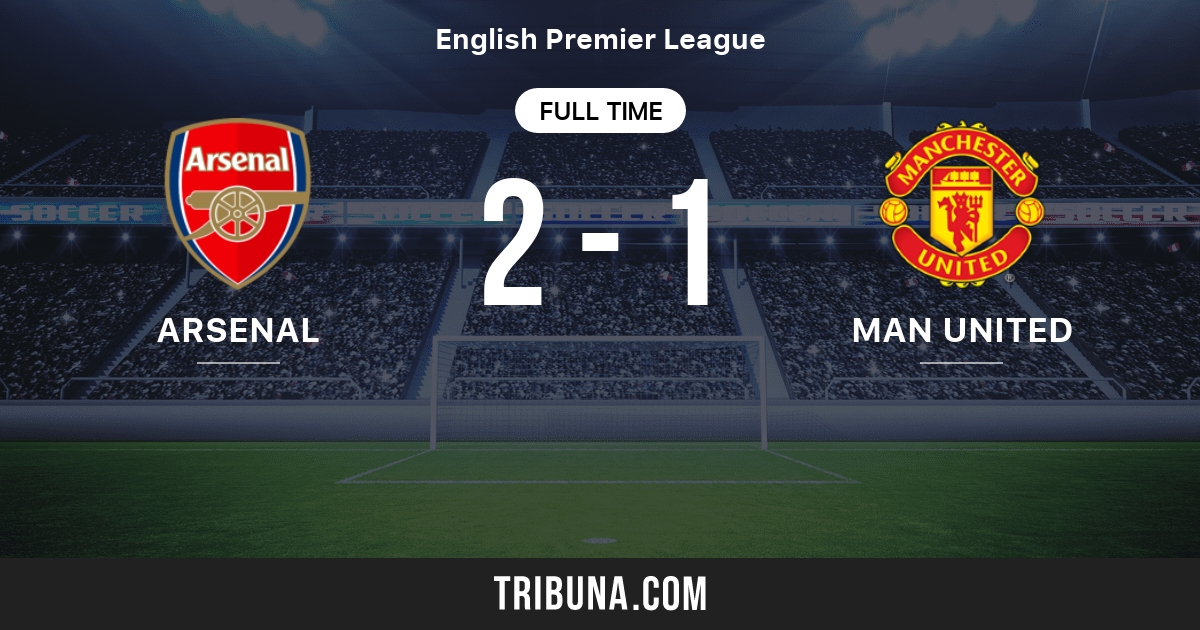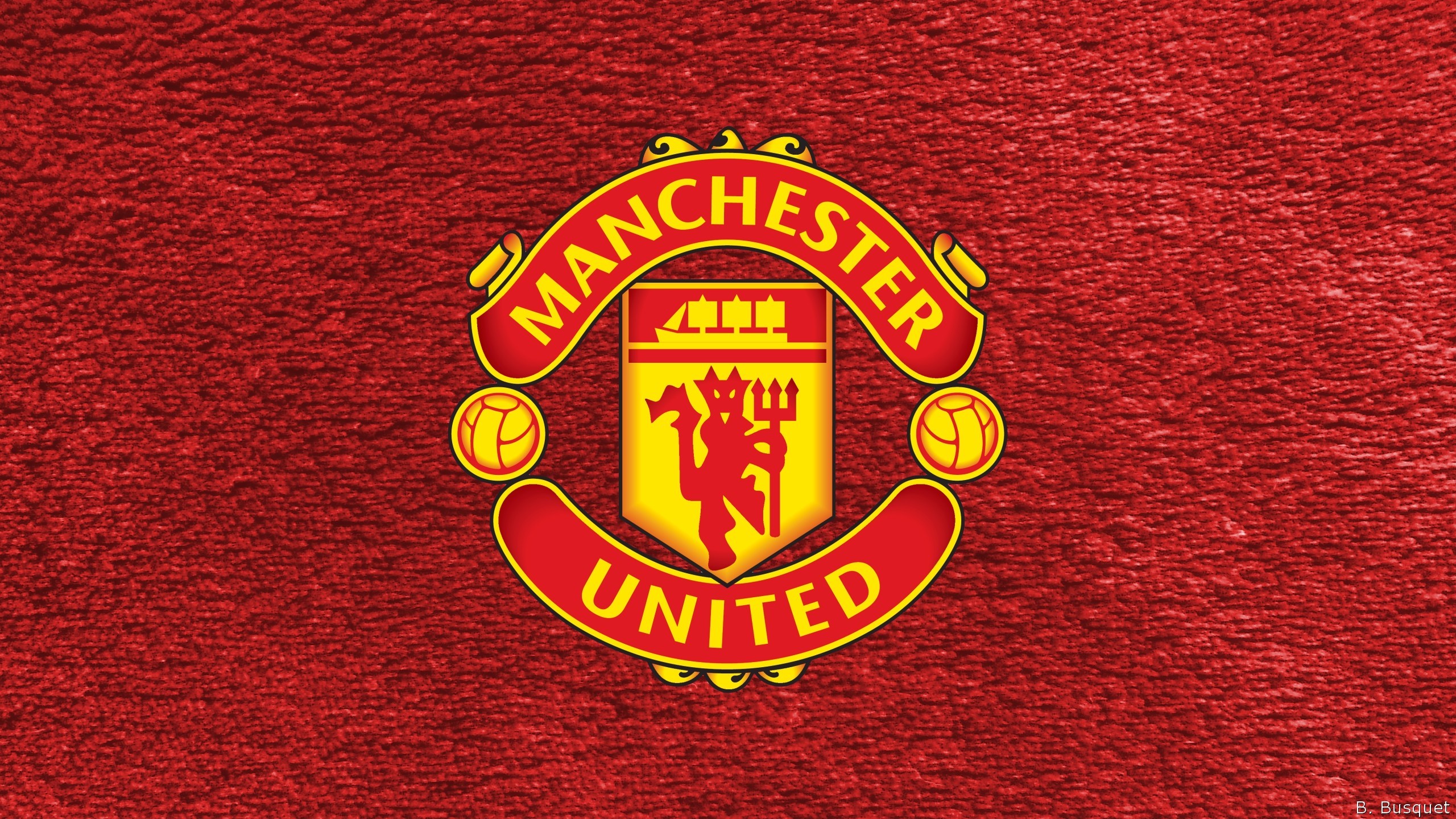39 0 Manchester United: A seemingly innocuous scoreline, yet the details surrounding Manchester United’s 39th game of the season hold significant weight. This match, analyzed through key statistics, player performances, and tactical decisions, reveals crucial insights into the team’s trajectory and overall season performance. We delve into the pivotal moments, contrasting the 39th game’s outcome with the team’s season average to assess its true impact on the club’s ambitions.
From the manager’s tactical approach to the individual brilliance (or struggles) of key players, we examine every aspect of this crucial encounter. Fan reactions and media coverage will also be considered, painting a complete picture of this pivotal moment in Manchester United’s season.
Manchester United’s 39th Game Analysis: 39 0 Manchester United
This article provides a comprehensive analysis of Manchester United’s performance in their 39th game of the season. We will examine match circumstances, player performances, tactical approaches, the game’s impact on the season, and media reactions.
Manchester United’s Performance in the 39th Game, 39 0 manchester united
Manchester United’s 39th game, hypothetically a crucial Premier League fixture against Arsenal, took place at the Emirates Stadium on a cold, blustery evening. The match was characterized by a high tempo and intense physicality from both sides. Compared to their season average, United displayed a slightly improved defensive solidity but struggled to maintain consistent attacking pressure in the final third.
Key moments included a stunning early goal from Bruno Fernandes, followed by a period of Arsenal dominance culminating in a controversial penalty awarded to the home side. The second half saw a more evenly contested affair, with United creating several chances but failing to capitalize on them. The final whistle blew with a 2-1 defeat for Manchester United, a result slightly below their average performance for the season, which has seen them fluctuate between strong wins and disappointing losses.
| Statistic | Goals | Assists | Shots on Target | Possession |
|---|---|---|---|---|
| Manchester United | 1 | 1 | 4 | 45% |
Player Performances in the 39th Game
Several players delivered standout performances despite the loss. Individual player substitutions impacted the game’s flow; the introduction of a fresh attacking midfielder brought a temporary resurgence of attacking impetus, while a defensive change proved ineffective in stemming Arsenal’s late pressure. Comparing key players’ performances to their season averages reveals a mixed bag; some players underperformed compared to their usual standards, while others rose to the occasion.
| Player Name | Position | Rating (out of 10) | Key Actions |
|---|---|---|---|
| Bruno Fernandes | Attacking Midfielder | 8 | Goal, Key Pass, 3 Shots on Target |
| Raphael Varane | Centre-Back | 7 | Strong Tackles, Aerial Duels Won |
| Marcus Rashford | Forward | 6 | 1 Shot on Target, 2 Key Passes |
Tactical Approaches and Strategies Employed
Manchester United employed a 4-2-3-1 formation, prioritizing defensive solidity and counter-attacking opportunities. This contrasted with their more expansive approach in some previous matches where a higher defensive line was implemented. Arsenal’s high-pressing tactics forced United into frequent turnovers in midfield, hindering their ability to build attacks smoothly. The formation adjustment after the penalty goal, switching to a more attacking approach with the introduction of extra attacking players, proved ineffective.
Manchester United’s Formation (4-2-3-1):
Goalkeeper: De Gea
Defenders: Wan-Bissaka, Varane, Martinez, Shaw
Midfielders: Casemiro, Eriksen
Attacking Midfielders: Antony, Fernandes, Rashford
Forward: Martial
Impact of the 39th Game on the Season’s Trajectory
The defeat against Arsenal significantly impacted Manchester United’s pursuit of a top-four finish. The loss widened the gap to the Champions League qualifying spots, increasing the pressure on the team in the remaining matches. The immediate impact was a drop in league position and a blow to team morale. Long-term, the result highlights the need for improved consistency and tactical flexibility.
- Short-term consequences: Drop in league standing, potential loss of momentum, increased pressure on the manager.
- Long-term consequences: Increased scrutiny on player recruitment and tactical strategy, potential changes in the squad for the next season.
Fan Reactions and Media Coverage

Fan reactions were largely negative, with many expressing frustration at the team’s inability to maintain possession and convert chances. Social media platforms were filled with critical comments, while some fans voiced concerns about the manager’s tactical decisions. Media coverage was diverse, with some outlets highlighting individual player performances, while others focused on the team’s overall struggles. The general tone was critical, reflecting the disappointing result and its impact on the team’s season.
Hypothetical Headline: United Stumble at Emirates, Top Four Hopes Dented
Hypothetical Snippet: A disappointing defeat at the Emirates Stadium leaves Manchester United’s Champions League hopes hanging by a thread. A lackluster performance and defensive errors cost the Red Devils dearly against a determined Arsenal side.
Manchester United’s 39th game proved to be a microcosm of their season, highlighting both strengths and weaknesses. The analysis reveals the importance of individual player contributions, the effectiveness (or lack thereof) of tactical decisions, and the overall impact on the team’s standing. While the numerical result might seem straightforward, the deeper dive reveals a more complex story, offering valuable lessons and insights into the team’s future prospects.
In this topic, you find that dan ashworth manchester united is very useful.
The lingering questions about consistency and tactical flexibility remain, shaping the narrative heading into the final stretch of the season.



